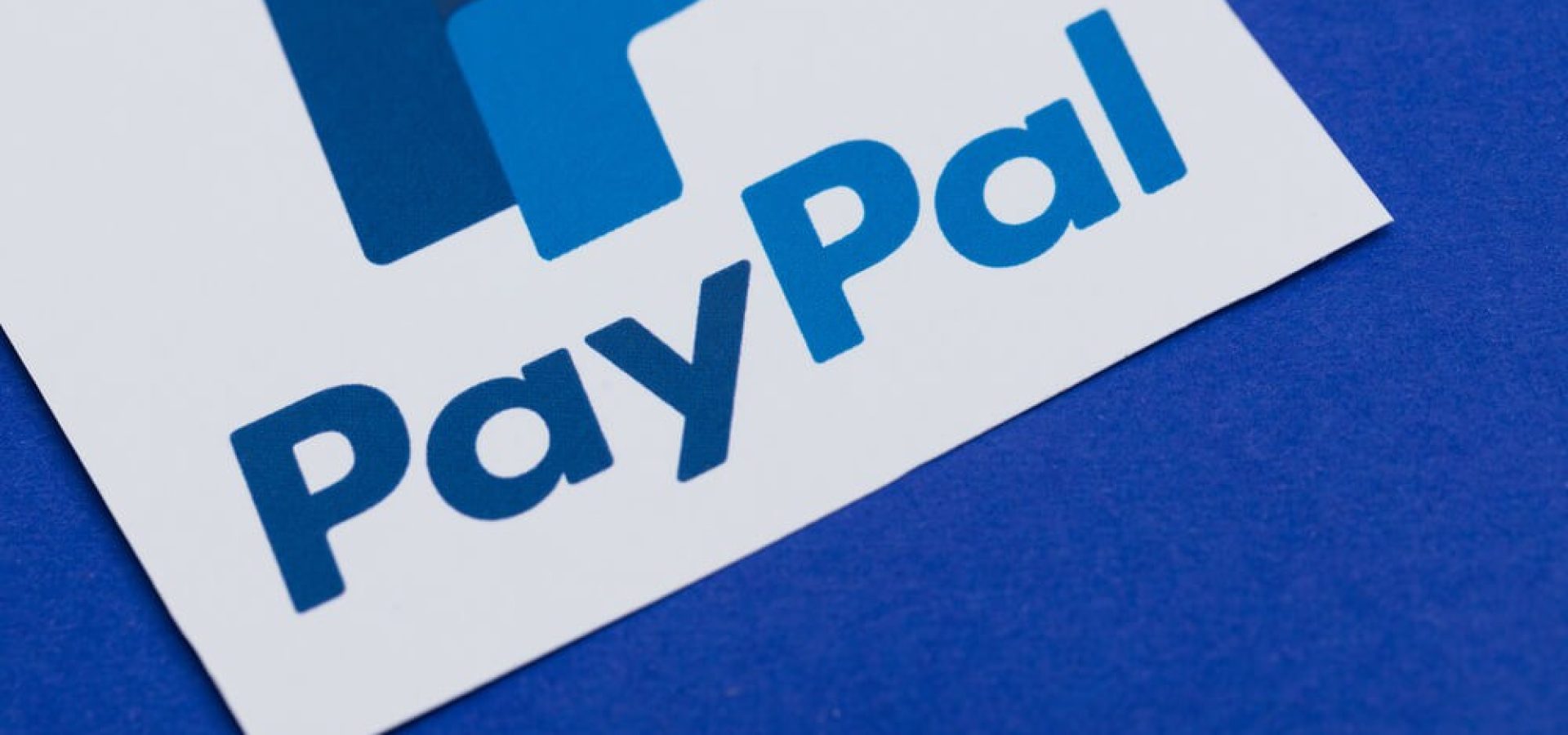In a significant move, PayPal, the global payments giant, is set to implement a temporary ban on UK customers buying cryptocurrencies through its platform starting in October. This decision comes as the company aims to align with the forthcoming regulations on crypto promotions imposed by Britain’s financial regulator. This article delves into the implications of the PayPal ban, the regulatory context, and its impact on the cryptocurrency landscape.
PayPal Ban: Navigating Regulatory Changes
The British financial regulatory authority is preparing to implement stricter rules that govern how companies market cryptocurrencies to consumers in the UK. Starting October 8th, new rules aim to enhance consumer security via obligatory crypto ad risk warnings and referral rewards elimination. Starting October 1st, PayPal will temporarily halt crypto purchases for UK customers to adhere to regulatory requirements. The company anticipates that the pause will last until early 2024, allowing them time to address regulatory requirements.
Cryptocurrency Innovation Amidst Regulatory Compliance
Shortly before the announcement, PayPal’s shares surged due to the launch of a stablecoin; a cryptocurrency pegged to assets. The company’s strategic move reflects a dedication to adapting to digital finance changes while upholding regulatory responsibilities. Stablecoins could provide PayPal with a regulatory-friendly route to sustain its crypto efforts, sidestepping the intricacies linked with new laws.
In conclusion, the impending PayPal ban on cryptocurrency purchases by UK customers reflects the company’s dedication to adhering to evolving regulatory standards. PayPal’s suspension of crypto transactions aims to enhance safety, fostering a well-informed space for digital asset enthusiasts through integration. The move highlights the struggle between cryptocurrency popularity and the necessity for adequate consumer protection measures. In the ever-changing financial landscape, collaboration between fintech giants and regulators is vital for harmonizing innovation while protecting consumers.









COMMENTS